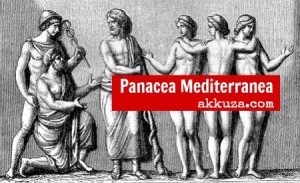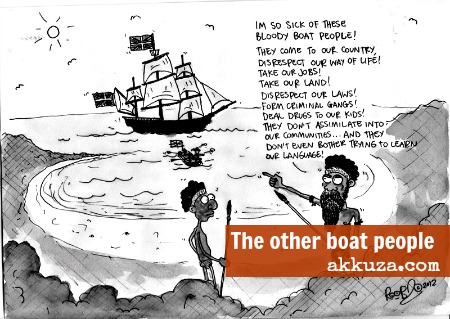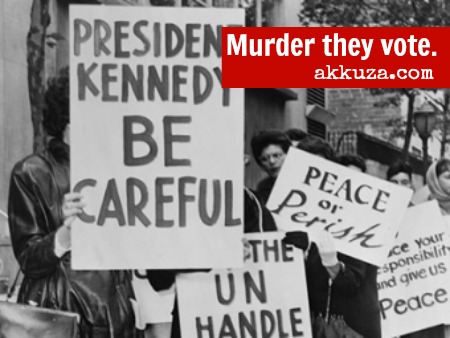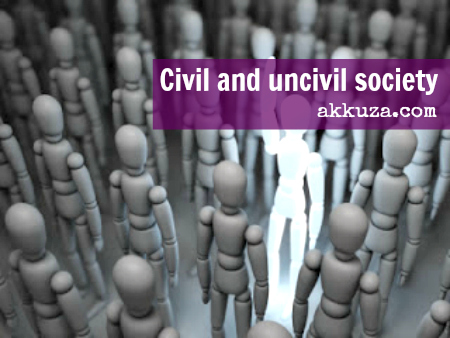The storm in a tea-drinking establishment captured most of the attention on the Sunday papers and media. You would be forgiven therefore (and for reasons I will explain later you would also be fortunate) had you missed the piece penned in the Sunday Times of Malta by Malta’s former ambassador to the Council of Europe Joseph Licari. The title makes no effort to hide Licari’s ultimate aim – “The case for refoulement“. He could have called it “Apologia for Joseph Muscat’s Madcap Idea of Pushing Back Migrants” but I guess it would have been too long and in your face. You would hope that the presence of the word “case” in the title to an article would mean that there would be a build up of cogent logic leading to a strong argument in favour of something: in this case that something being the not too kosher idea of “refoulement“.
Interestingly the actual principle in international law is that of “non-refoulement” – the principle itself being an enshrining of the accepted idea among international actors that refoulement is a no-no. Here’s good old Wikipedia explaining the origins of the idea:
The principle of non-refoulement arises out of an international collective memory of the failure of nations during World War II to provide a safe haven to refugees fleeing certain genocide at the hands of the Nazi regime. Today, the principle of non-refoulement ostensibly protects recognized refugees and asylum seekers from being expelled from countries that are signatories to the 1951 Convention or 1967 Protocol. This has however not prevented certain signatory countries from skirting the international law principle and repatriating or expelling bona fide refugees into the hands of potential persecutors.
In other words: “Non-refoulement is a principle of the international law, i.e. of customary and trucial Law of Nations which forbids the rendering of a true victim of persecution to their persecutor; persecutor generally referring to a state-actor (country/government).” Which is pretty much where Licari starts to deviate from the point in an attempt to find some justification for a form of refoulement that he can only imagine.
In primis, Licari goes to great pains throughout his piece to underline some form of trump-card that he variously defines as national interest or better still the international obligation to share heavy burdens. You see, a country may – according to Licari – allow itself to be bound by international obligations but these may be set aside should the country feel that its national interest be threatened or as he weakly deduces from a preamble of the 1951 Convention: “A country’s obligation to accept refugees is balanced by other countries’ obligation to help it carry an unduly heavy burden.” Sound familiar? Of course it does. Patriotism being the last refuge of …
In secundis, Licari segues off into some kind of justification by analogy about the issue of self-defence. A nation, states the wise former ambassador, is the best placed to assess when the tipping point has been reached and when to resort to declaring “self-defence”.Next step? Here goes:
In other words, a country must abide by the law but it has the right of self-defence. Killing is a crime but not if committed in self-defence, as no one has an obligation to suffer physical harm and everyone has the right to prevent it.
Drum roll please. Joseph Licari served 14 years as Malta’s ambassador to the Council of Europe. in this day and age when many a nationalist is pooh-poohing certain Taghna Lkoll appointments in the diplomatic corps (rightly so) they deserve to be reminded that this paragon of logical befuddlement was our man in Strasbourg during the nationalist watch. The race to mediocrity anyone?
It gets better. In tertiis, Licari’s article goes somewhat conspiracy theorist. In a mix between Dan Brown and Anders Breivikh he takes on the hidden powers that are supposedly influencing the mad decisions at the UNHCR and ECHR. NGO’s (unelected) get pride of baton followed by those dastardly religious leaders. The cherry on the cake comes towards the end. In an article obviously penned to justify the pushback of boatloads of sub-saharan people to their country the author suddenly turns his guns on the people to the north: you know them, the Nordics.
Together with religious leaders and NGOs, the Nordic countries form a triptych of preachers we have to suffer in today’s Europe.
Suffer eh. I just could not believe what I am reading. What began as a supposed researched case in favour of pushbacks of some form really turned out to be one hell of a joyride. Smoking. The question really is what.
And finally, just in case you were wondering about the existence of any legal import to anything Licari wrote, there is much more to the “exception” that can be found in article 33 of the 1951 Convention. First of all the exception itself requires very strict interpretation and application. Here is Cornelis Wouters in “International Legal Standards for the Protection from Refoulement“:
The danger to the national security or community of the country of refuge must be a present or future danger. Thus, the past conduct of the refugee may be relevant.As with any exception to human rights guarantees,the exceptions contained in Article 33(2) must be interpreted restrictively and applied with great caution. The exceptions apply to refugees, who in principle have a right to be protected from refoulement. The finding of dangerousness does not require strict proof, but must be based on reasonable grounds and therefore supported by credible and reliable evidence and not made arbitrarily. The burden of proof of establishing reasonable grounds is on the State and requires an individual assessment. A State cannot assume that a refugee poses a threat to its national security or community based on the fact that he belongs to a certain group and create a rebuttable presumption of danger.Article 33(2) must be applied in a manner proportionate to its objective.483 This means that (1) there must be a causal link between the refugee and the danger, (2) it must be shown that the danger posed by the refugee is sufficiently serious and likely to be realised, (3) refoulement is a proportionate response to the perceived danger, (4) refoulement alleviates or even eliminates the danger, and (5) refoulement is used as a last possible resort where no other possibilities of alleviating the danger exist.
Even more importantly than these strict conditions (that obviously cannot be applied by rounding up the healthy suspects and putting them on the next plane to Tripoli) is the concurrent application of the European Convention for the Protection of Human Rights and Fundamental Freedoms. A trifle detail to have missed for an ambassador of 14 years in Strasbourg. You see Article 3 of the ECFHR has been applied in such a way as to constitute an absolute prohibition on any action that could result in torture or inhuman or degrading treatment. More specifically, Article 3 of the Convention has been used to prohibit any possible refoulement: According to the Court Article 3 ECHR leaves no room whatsoever for a balancing act between the national security of a State and the need of the individual for protection. (That’s what ex-ambassador Licari does not seem to like about the Court and its supposed infiltrators).
Still from Wouters :
In all three cases mentioned above the applicant’s conduct in the country of asylum was no reason to allow exceptions under Article 3. The Court explicitly acknowledged in these cases that the protection afforded under Article 3 from refoulement is thus wider than that provided under Article 33 of the Refugee Convention which does allow exceptions.
States do have a right to be legitimately concerned about potential “wolves” – criminals hiding among a flock of refugees seeking asylum. To perform the illogical leap of justifying refoulement generally with this argument though requires not only a leap of faith but also a heavy dose of those taghna lkoll pills that risked transforming Malta into a pariah state last month.
With (ex-)ambassadors like these who needs meritocratic appointments?




